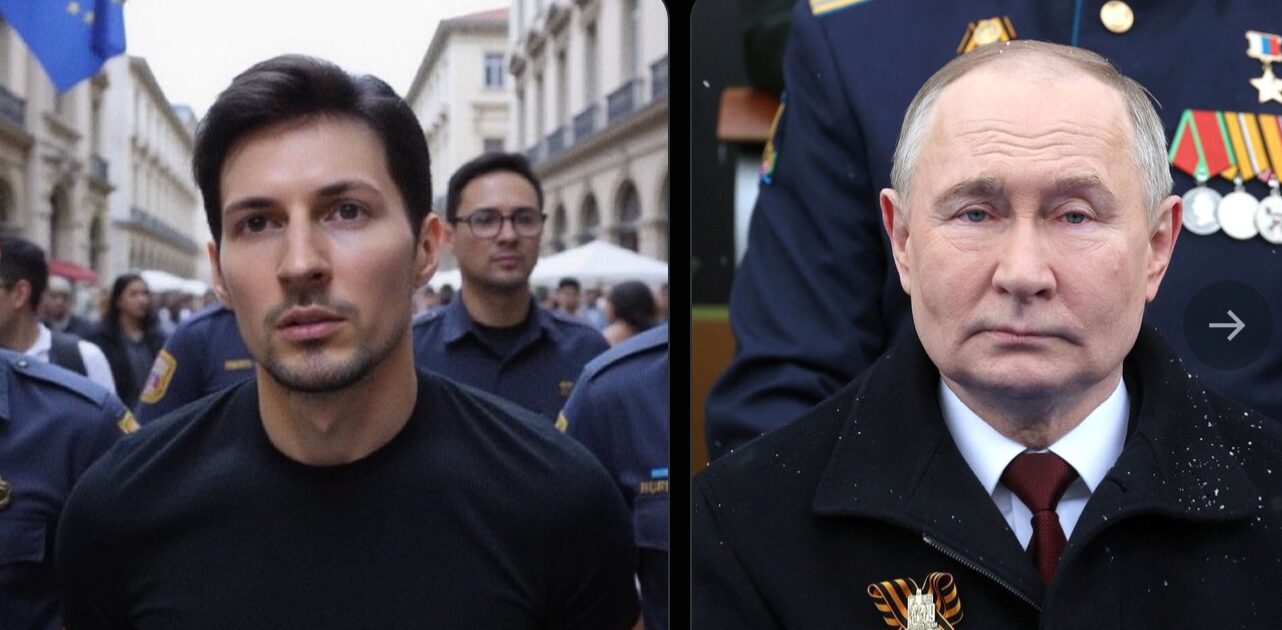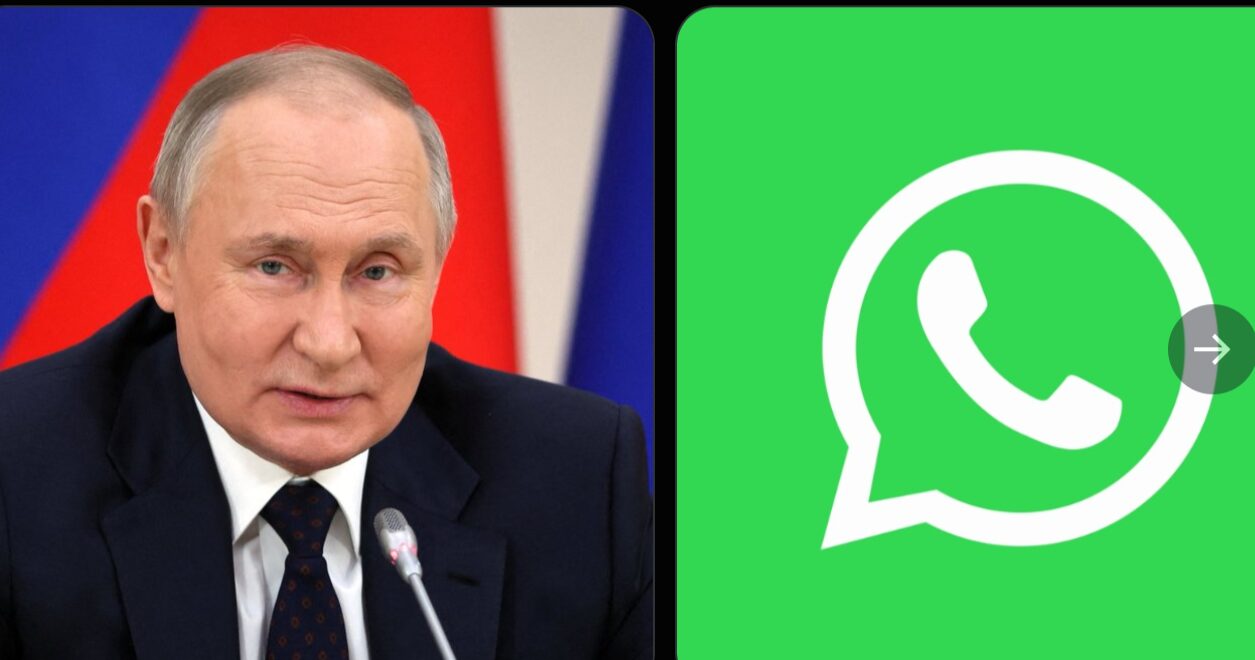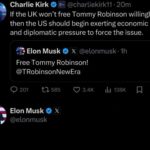Telegram CEO Pavel Durov Claims Russian Users Face Less Censorship Than Europeans
Telegram, the popular messaging app founded by Pavel Durov, has recently sparked attention with its CEO’s statement regarding censorship on the platform. Durov claimed that Russian users of Telegram face less censorship than their counterparts in Europe, citing concerns about the increasing regulation of social media and messaging platforms in the West. This bold statement has stirred a significant debate about freedom of speech, censorship, and privacy in the digital age.
As Telegram continues to grow in popularity worldwide, it serves as a prime example of how digital platforms are navigating the complexities of government regulations and public opinion. In this post, we’ll explore Durov’s comments, what they mean for Telegram’s users, and the broader implications for censorship, privacy, and free speech in a global context.
The Context of Durov’s Statement
Pavel Durov, known for his advocacy of privacy and free speech, has long positioned Telegram as a platform that champions minimal censorship and maximal freedom for its users. Unlike other social media giants, Telegram has been relatively resistant to bow to pressure from governments, even those of its home country, Russia. This stance has earned Telegram a reputation as one of the more private and free platforms available to users around the globe.
However, in his latest comments, Durov specifically addressed the issue of censorship, claiming that Russian Telegram users experience less censorship than European users. He pointed to the increasing levels of content moderation, government oversight, and regulatory measures in European countries, particularly in the wake of rising concerns about misinformation, hate speech, and online extremism.
Durov’s statement comes at a time when European Union officials are pushing for stricter regulations to curb harmful content online. Under the Digital Services Act (DSA), tech companies are required to take swift action against illegal content, which has led to accusations of over-regulation and stifling free expression. For Durov, this trend threatens to undermine the principles of free speech that Telegram seeks to uphold.
Why Does Telegram Avoid Censorship?
Telegram’s approach to censorship has been central to its growth and success. The platform offers end-to-end encryption, secret chats, and channels that allow users to communicate privately and securely. Unlike many Western social media platforms, Telegram has historically been less willing to comply with government requests for user data or to remove content without a legal mandate.
In countries like Russia, where Telegram was banned for a time, the platform managed to maintain a significant user base through workarounds and technical resilience. Despite the Russian government’s attempts to shut it down, Telegram’s popularity remained largely unaffected, suggesting that users value the platform’s commitment to minimal censorship and privacy.
Durov himself has been an outspoken critic of censorship, having fled Russia in 2014 after facing pressure from the government. His commitment to free speech is not just about Telegram’s business model but is also a personal conviction. In his public statements, Durov has often emphasized the importance of the internet as a space for free expression and the exchange of ideas.
The Impact of European Censorship
Europe has taken a significantly more regulatory approach to online content in recent years. Governments are grappling with the rise of misinformation, extremism, and harmful content on social media platforms. The European Union, in particular, has introduced the Digital Services Act, which places strict requirements on platforms to monitor, remove, and report illegal content.
While these regulations are aimed at protecting users from harmful material, they have also raised concerns among privacy advocates and free speech proponents. Critics argue that such regulations could lead to over-censorship, where platforms are forced to remove content that doesn’t necessarily violate the law but may be deemed problematic or offensive by governments or corporations.
For instance, tech companies are now required to develop mechanisms to detect and remove hate speech, misinformation, and other harmful content. However, this broad approach can sometimes result in legitimate expressions of opinion being mistakenly flagged or censored, particularly when algorithms are used to monitor content. In this context, Durov’s comments about European censorship reflect a growing concern that regulations designed to protect users might inadvertently limit their freedom of expression.
The Russian Context: Less Censorship?
Durov’s claim that Russian users face less censorship than Europeans seems paradoxical, given that Russia has a reputation for its stringent control over internet content. The Russian government has taken aggressive measures to control the narrative online, banning websites, blocking platforms, and even imprisoning individuals for their online activities. Telegram itself was banned in Russia for a period due to its refusal to hand over encryption keys to authorities.
However, Durov’s point may be rooted in the fact that the Russian government’s approach to censorship is often less pervasive than the regulatory frameworks being introduced in Europe. While the Russian government may block certain content or channels, it has not yet imposed the kind of blanket content moderation that European countries are advocating for.
This doesn’t mean that Russian users are completely free from government scrutiny, but rather that the Russian government’s approach to online regulation is often less intrusive than the kind of automated, platform-wide censorship mechanisms being pushed by the European Union. In Durov’s view, Europe’s increasing regulation represents a more serious threat to individual freedoms and free speech than the more targeted censorship seen in Russia.
What Does This Mean for Users?
For Telegram’s global user base, this debate raises significant questions about the future of online freedom. As the platform expands and governments around the world continue to introduce new regulations, the balance between privacy, free speech, and government oversight will become more important than ever.
For users in Europe, Telegram might be seen as a refuge from the growing wave of censorship. The platform’s less restrictive stance offers an alternative to other services that are increasingly bending to government demands for content removal and data sharing. On the other hand, users in countries with more authoritarian governments, including Russia, might continue to turn to Telegram for its ability to bypass heavy censorship and surveillance.
In Conclusion
Pavel Durov’s recent comments about censorship on Telegram have reignited a critical discussion about free speech, privacy, and government regulation in the digital age. While his statement may be controversial, it highlights the growing tension between efforts to control online content and the desire for unfettered expression.
As Telegram navigates this landscape, the broader question remains: What is the role of digital platforms in protecting individual freedoms in an increasingly regulated world? As censorship continues to evolve, both in Europe and beyond, platforms like Telegram will play a pivotal role in shaping the future of online communication.
By continuing to prioritize privacy and minimal censorship, Telegram’s approach sets it apart from other social media platforms. But as governments around the world tighten their grip on online spaces, it remains to be seen how long platforms like Telegram can maintain their resistance to censorship without compromising their user base or their ideals.

















Post Comment